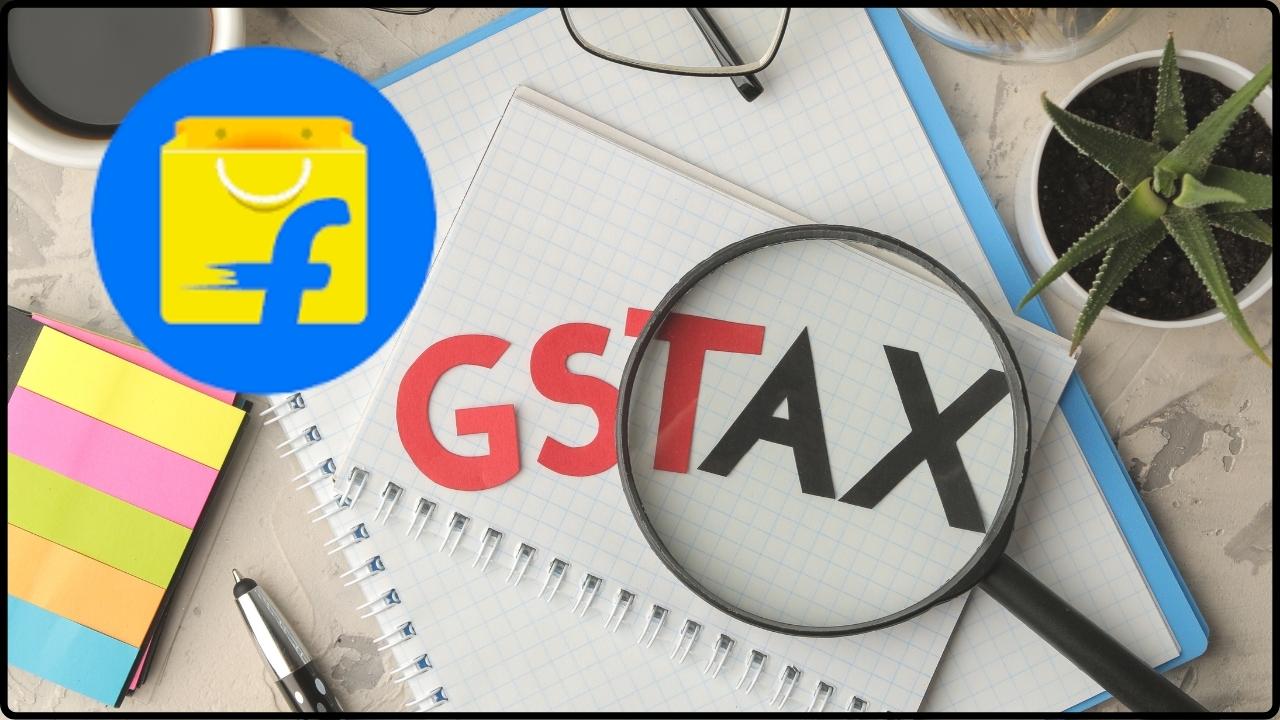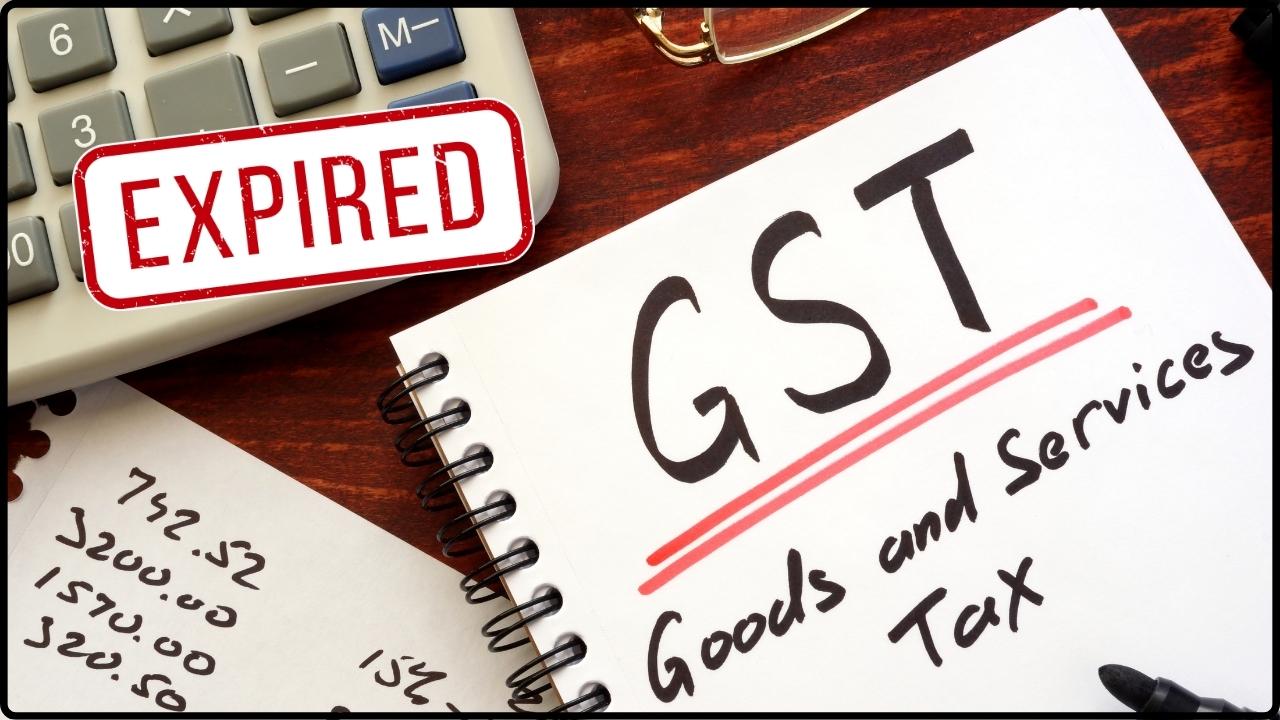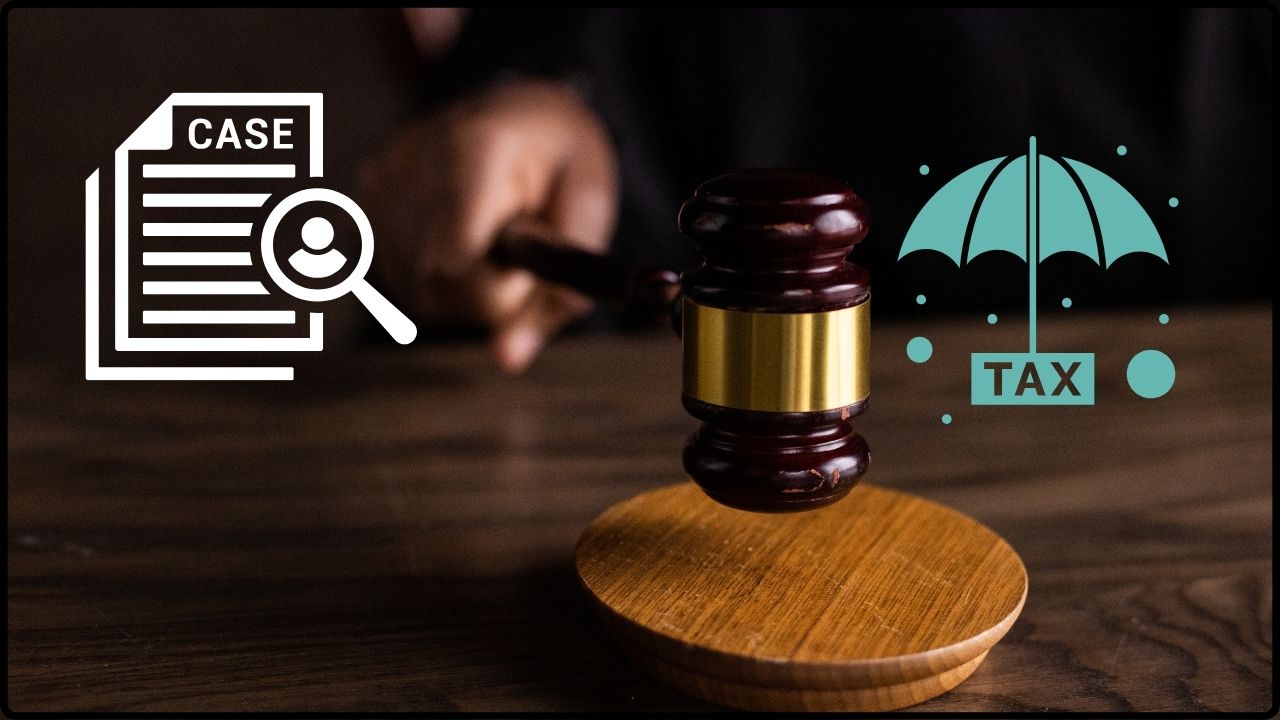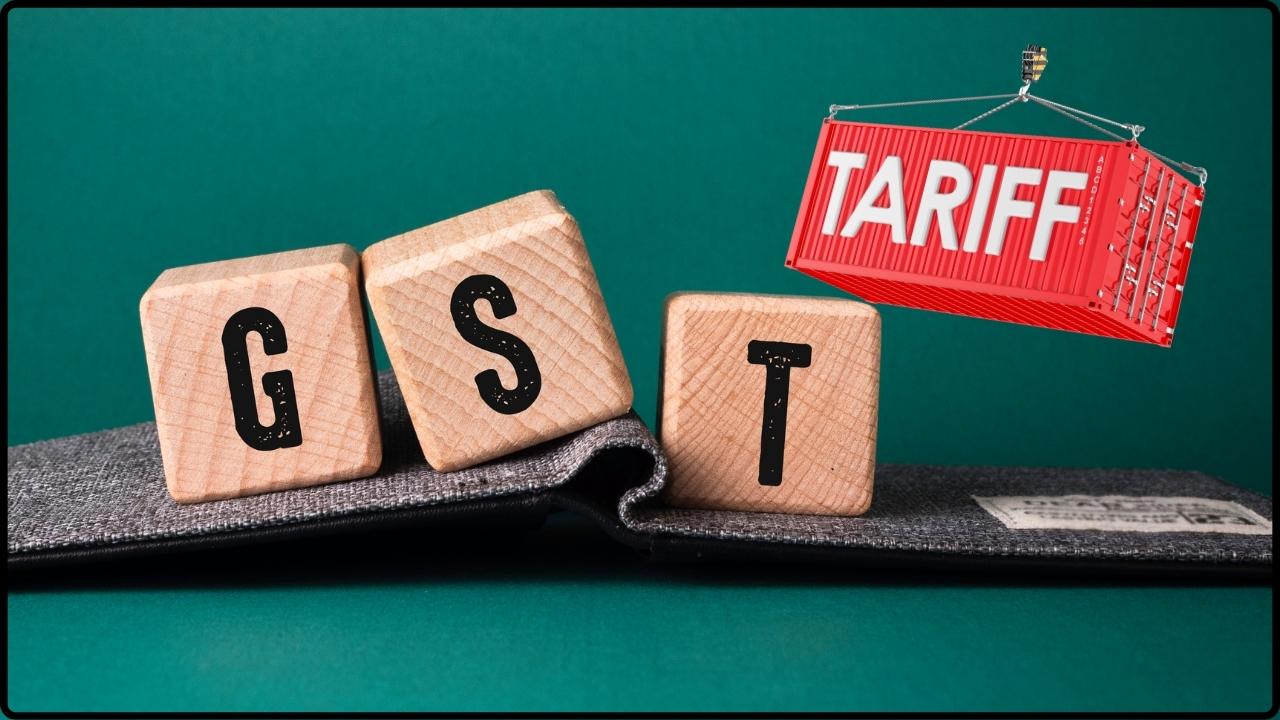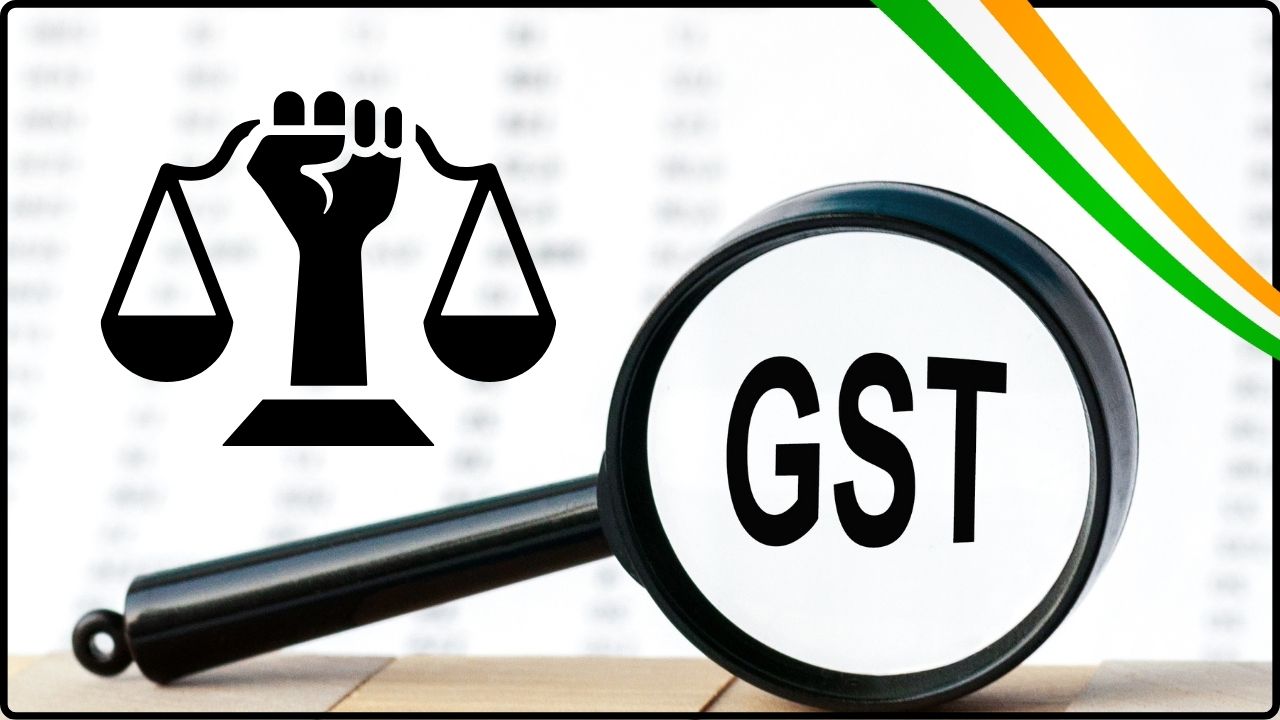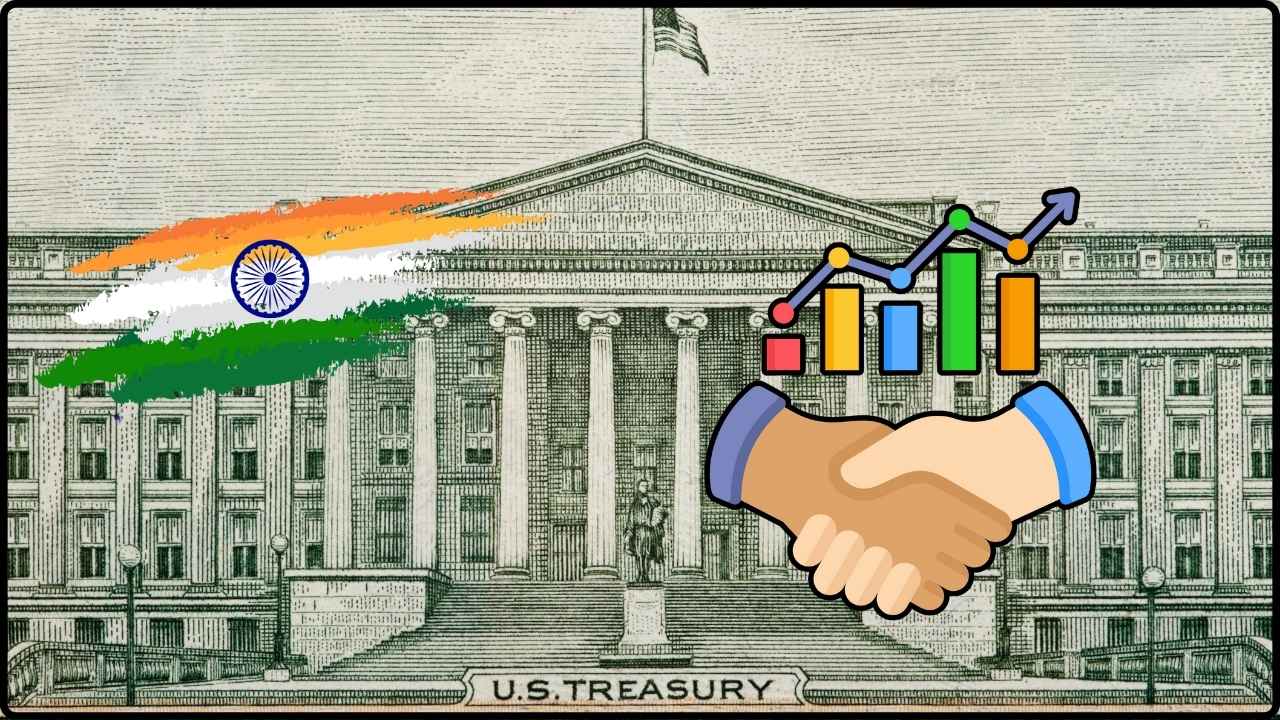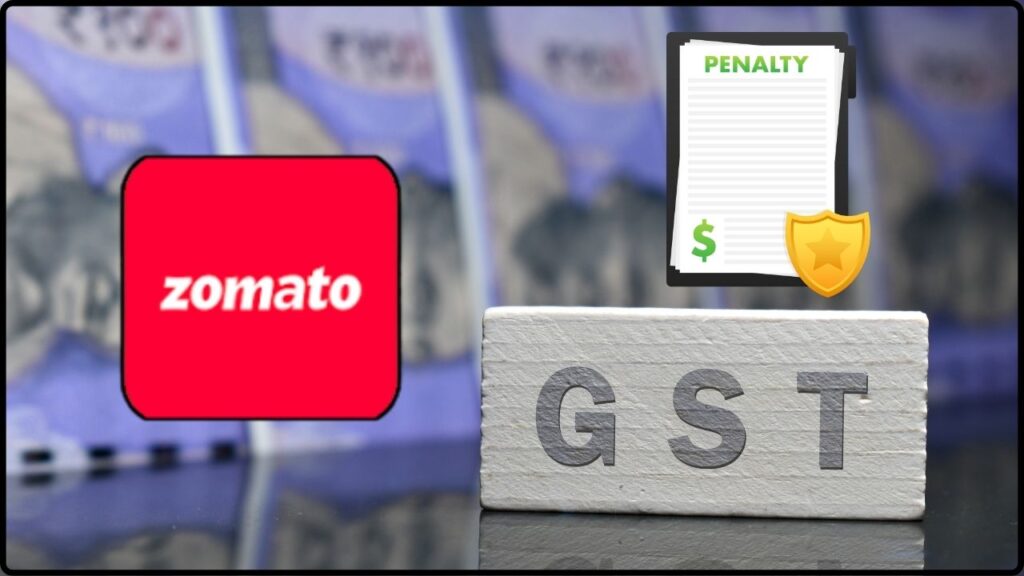
Zomato Parent Eternal Faces Rs 40 Crore GST Penalty: In a major regulatory move that could ripple through India’s booming digital economy, Eternal Ltd.—the parent company of popular food delivery app Zomato and quick-commerce platform Blinkit—has been hit with a Goods and Services Tax (GST) demand exceeding ₹40.32 crore. The case, which includes tax, interest, and penalty components, shines a spotlight on how tax authorities are tightening the reins on digital platform compliance. For consumers, it may seem like just another news headline, but for businesses, entrepreneurs, and investors, this is a valuable lesson in how complex tax compliance has become in the gig economy—and how it’s being enforced.
Zomato Parent Eternal Faces Rs 40 Crore GST Penalty
This case isn’t just about one tax notice or one company. It’s a broader wake-up call for India’s digital ecosystem. As platforms become more embedded in the economy, regulators are becoming sharper, more data-driven, and less forgiving of ambiguity. Whether you’re running a delivery platform, a SaaS tool, or a digital marketplace, one thing is clear: Compliance isn’t optional anymore—it’s part of your product.
| Aspect | Details |
|---|---|
| Total GST Demand | ₹40.32 crore (~$4.85 million USD) |
| Breakdown | ₹17.19 cr (GST due) + ₹21.42 cr (interest) + ₹1.71 cr (penalty) |
| Assessment Period | July 2017 – March 2020 |
| Trigger for Action | Shortfall in GST payments, excess input tax credit claimed |
| Company’s Response | Eternal intends to appeal all three orders; expects no material financial impact |
| Previous Notices | ₹803.4 crore (Dec 2024), ₹11.82 crore (Apr 2024), ₹184 crore+ (pre-GST period) |
| Official Source | GST Portal – Government of India |
Understanding Zomato Parent Eternal Faces Rs 40 Crore GST Penalty
What Is GST and How Does It Work?
The Goods and Services Tax (GST) is India’s unified indirect tax system, rolled out in July 2017. It replaced various state and central taxes to streamline tax processes across sectors. Businesses collect GST from customers when they sell goods or services (called output tax) and can claim a refund on GST paid on business expenses (called input tax credit or ITC).
Here’s a simplified example:
- Customer pays: ₹1,000 for a food delivery on Zomato
- Includes: ₹100 GST
- Zomato pays vendors: ₹700 + ₹70 GST
- Zomato’s output tax: ₹100
- Zomato’s input credit: ₹70
- GST payable: ₹30
What Went Wrong for Eternal?
According to GST authorities, Eternal:
- Underpaid output tax on services (perhaps by incorrectly calculating what parts of its revenue were taxable), and
- Overclaimed ITC, meaning it took a larger credit than it was entitled to under the rules.
That’s a serious compliance misstep—intentional or not.
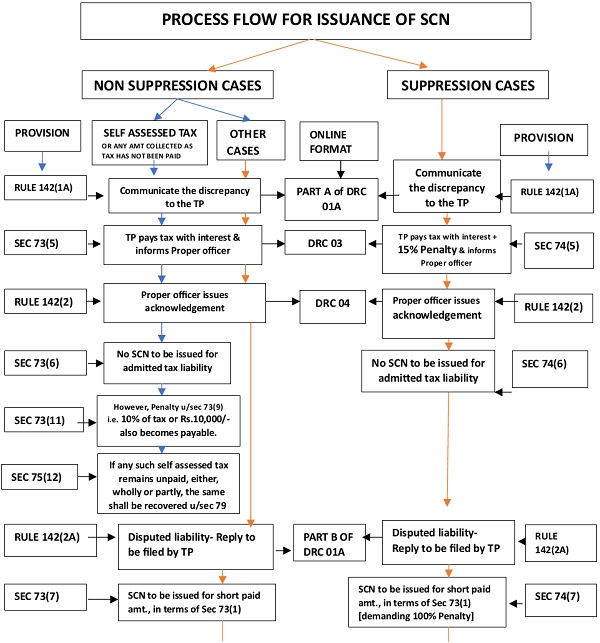
Detailed Timeline of Events
This penalty didn’t emerge in isolation. It’s part of a pattern of disputes between Eternal and Indian tax regulators.
- Pre-July 2017: ₹184 crore service tax demand (pre-GST)
- April 2024: ₹11.82 crore service tax notice served
- December 2024: Massive ₹803.4 crore GST demand related to delivery fees
- August 2025: Current ₹40.32 crore GST demand issued across three separate orders
These incidents reveal increasing regulatory focus on digital platforms, especially those dealing with third-party logistics, independent vendors, and multi-party revenue flows.
Why Delivery Charges Are Central to the Dispute?
This isn’t just about numbers—it’s about definitions.
The Tax Department’s View:
Delivery fees charged to customers should be treated as part of Eternal’s total revenue, and GST should be paid on the entire amount, not just Eternal’s margin.
Eternal’s Position:
Delivery fees are collected on behalf of third-party delivery partners. These partners are independent contractors, not Eternal employees. Therefore, the company argues:
- It’s just a pass-through collection agent, and
- It should only pay GST on the commission it earns—not the full bill value.
This is where interpretation of the law plays a massive role. The definition of “supply” under Section 7 of the CGST Act and whether Eternal is acting as a “principal” or “agent” matters significantly.
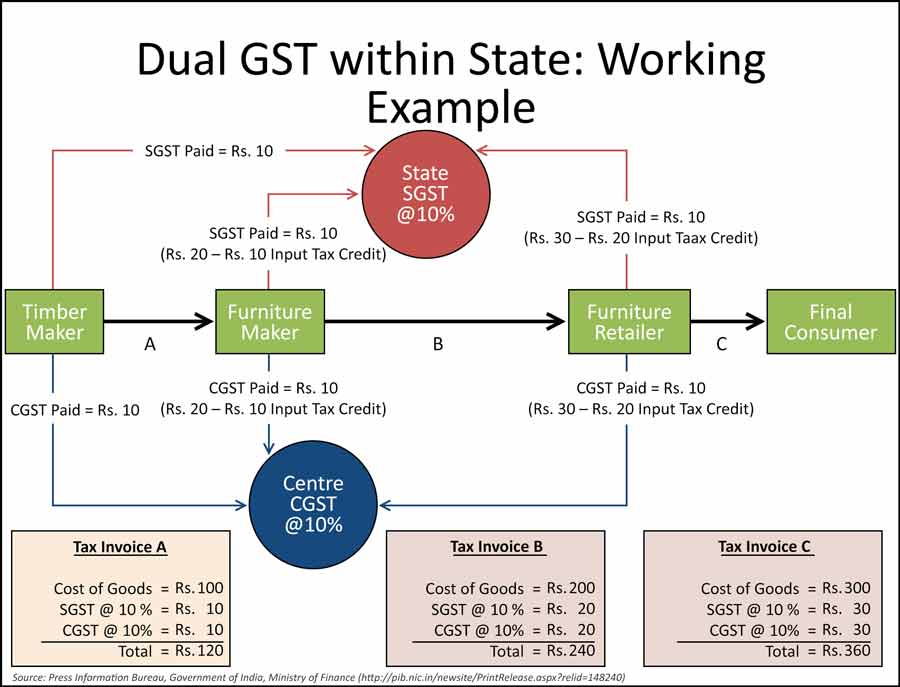
Legal Context: Section 73 vs. Section 74
Eternal’s penalty was issued under Section 73 of the CGST Act, which implies no fraud or willful misrepresentation.
Section 73 – For Non-Fraudulent Errors
- Deals with genuine or technical errors
- Penalty: Interest + up to 10% of tax amount or ₹10,000 (whichever is higher)
- No criminal charges
Section 74 – For Fraud/Suppression
- Applies if there’s intent to deceive or hide information
- Leads to harsher penalties and possible prosecution
For Eternal, staying under Section 73 protects its public image and shows the government isn’t accusing them of foul play—just misinterpretation or negligence.
Company’s Response and Strategic Appeal
Eternal has stated:
“We have a strong case on the merits and intend to appeal against all three orders. Based on legal advice, we do not expect any material financial impact on the company.”
That’s a legal way of saying: We don’t think we did anything wrong, and even if we lose, it won’t hurt us too badly financially.
This appeal will likely be filed with:
- The GST Appellate Authority, and if necessary,
- The CESTAT (Customs, Excise & Service Tax Appellate Tribunal)
These processes may take months to years, during which Eternal can continue operating uninterrupted.
What This Means for Investors and the Broader Market?
Zomato is publicly traded, so compliance risks are investor-sensitive. However, stock prices remained largely stable after the penalty was disclosed, reflecting:
- Confidence in Eternal’s legal strategy
- Belief that the financial impact is immaterial relative to Zomato’s market cap
- Familiarity with recurring tax cases in India’s digital sector
Yet, institutional investors may watch closely. Frequent tax disputes can raise red flags during:
- Due diligence
- Public offerings (Blinkit may IPO separately)
- Foreign Direct Investment (FDI) reviews
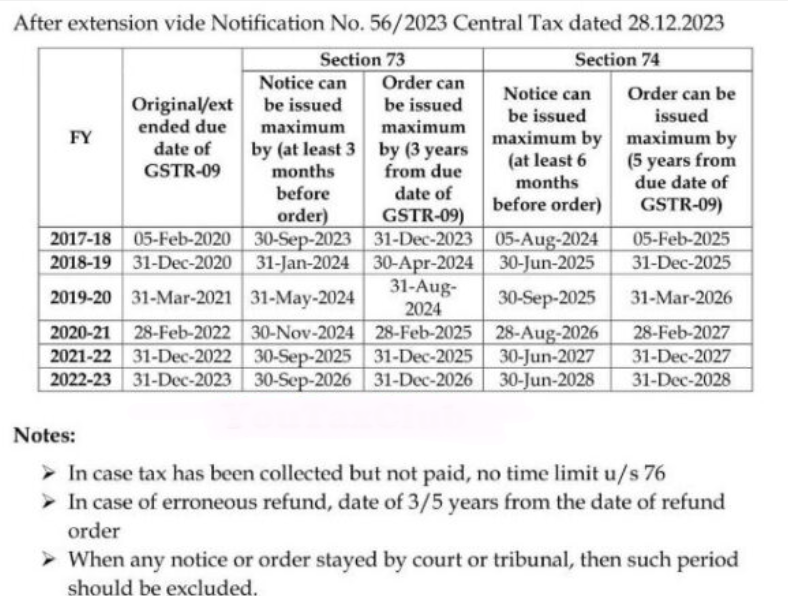
Comparisons to Global Digital Platforms
Eternal isn’t alone in facing these types of challenges.
Uber (UK):
A UK court ruled that Uber is a transportation provider, not a platform. This drastically changed its tax liability and labor obligations.
Amazon (India & EU):
Amazon must charge and remit GST/VAT on behalf of sellers in many regions. Misclassification can lead to massive penalties.
DoorDash (US):
Faces scrutiny around sales tax on delivery fees and how independent contractors are taxed.
Bottom line? Tax regimes globally are evolving fast—and platforms need to adapt their models and documentation to comply.
Compliance Advice for Startups and MSMEs
If you’re running a startup or managing a growing MSME, take these steps to avoid ending up in Eternal’s shoes:
1. Define the Business Role Clearly
Are you a service provider, agent, or intermediary? That affects what’s taxable and what isn’t.
2. Use Automated GST Reconciliation Tools
Match GSTR-2B with vendor invoices monthly. Tools like ClearTax, Zoho Books, or Tally can help.
3. Vet Vendors for GST Compliance
If your vendors don’t file their GST returns on time, your input tax credits may get blocked.
4. Audit Your Contracts
Work with legal counsel to make sure:
- Delivery partners are correctly classified
- All commissions, service fees, and delivery charges are properly documented
5. Stay Updated
Regulations change frequently. Subscribe to:
- CBIC GST Notifications
- GSTN Updates
Maruti Suzuki Subsidiary Slammed With ₹86 Crore GST Penalty in Appellate Ruling
Vodafone Idea Faces ₹21.39 Crore GST Penalty for Alleged Short Payment Under RCM!
Supreme Court Halts ₹273.5 Crore GST Notice Against Patanjali Ayurved

